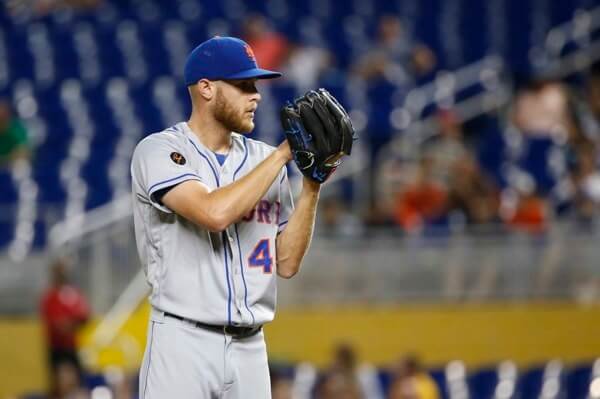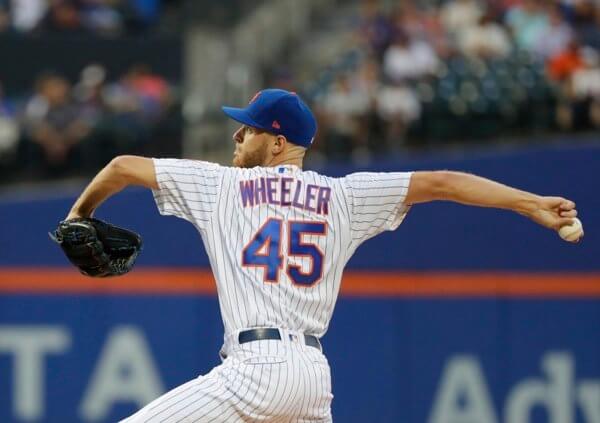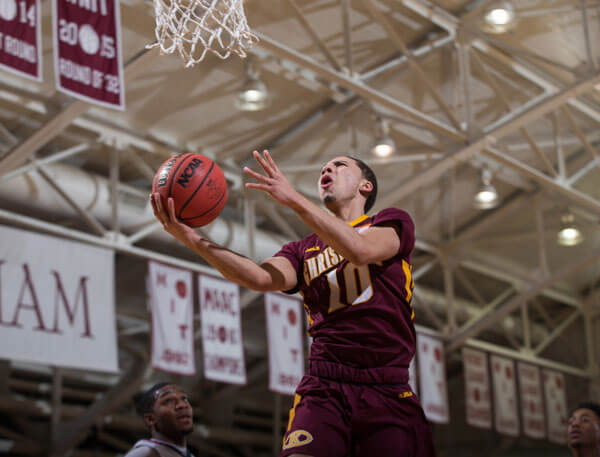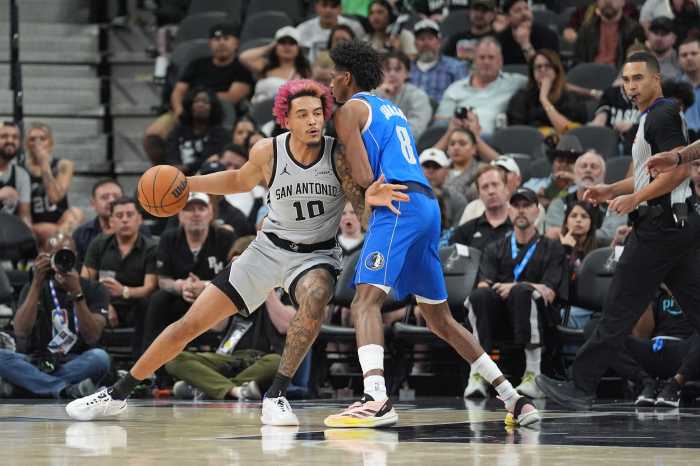By Zach Gewelb
Years from now, the Mets will look back to the 2018 trade deadline season and wonder “what if?”
What if the team had the stones to trade Jacob deGrom? What if Noah Syndergaard was dealt for top prospects? But perhaps the most important “what if?” could be: what if the Mets traded Zack Wheeler?
As we know, the Mets had a relatively quiet trade deadline season, electing to keep their starting pitchers, while dealing only Jeurys Familia and Asdrubal Cabrera, both on expiring contracts. Given their contract status, the Mets received minimal returns in both deals.
The club had a chance to jumpstart a rebuild by dealing some of their starting pitchers, but chose to hang on to deGrom, Syndergaard and Wheeler. It may not have been the smartest thing to do, but one can understand why the Mets kept deGrom and Syndergaard. They want to compete for a playoff spot next year, and their best chance to do so is by running out deGrom and Syndergaard at the top of the rotation.
Wheeler, on the other hand, was a different story. He is not an ace. He has a pretty nasty injury history, failing to appear at the major league level in both 2015 and 2016 due to Tommy John surgery and a complicated rehab. And his numbers weren’t great while he was on the market. The potential was still there, but it was clear that if the Mets moved Wheeler this summer, they wouldn’t get a great return.
Still, they shopped him and teams were interested. But no offers were made that tempted the Mets to deal Wheeler with his value down. Now, it looks like the Mets made the right decision.
Still under contract for two more seasons after 2018, Wheeler has turned things around and is putting together arguably the best season of his career.
Through Wednesday, Wheeler has pitched to an 8-6 record with a 3.63 ERA in 146.1 innings pitched. While the ERA is only the third-best mark of his career, he is in the process of setting career-best numbers in various categories, including FIP (3.29), WHIP (1.210), hits per nine innings (8.0), home runs per nine innings (0.7) and walks per nine innings (2.9).
His overall numbers are good, but his peripherals are great, which suggests the best has yet to come from Wheeler. More importantly, he has remained relatively healthy, making 24 starts thus far with no signs of slowing down.
In his most recent start, Wheeler tossed seven innings of one-run ball against the Giants, a game the Mets lost 2-1 in extra innings. He allowed just five hits and one walk, while striking out 10. In four August starts, Wheeler is 3-0 with a 1.38 and 30 strikeouts against 17 hits and five walks in 26 innings. Basically, he’s been lights out.
A strong finish to the season for Wheeler should seal his fate and keep him in Queens for the foreseeable future. If he truly has turned a corner and put his injuries behind him, Wheeler slots in as a top-notch No. 3 starter behind Syndergaard and deGrom.
It’s up to the Mets to field a playoff-caliber team around that trio, but it’s clear the club made the right move in keeping Wheeler in Queens.
Reach reporter Zach Gewelb by e-mail at zgewe





































